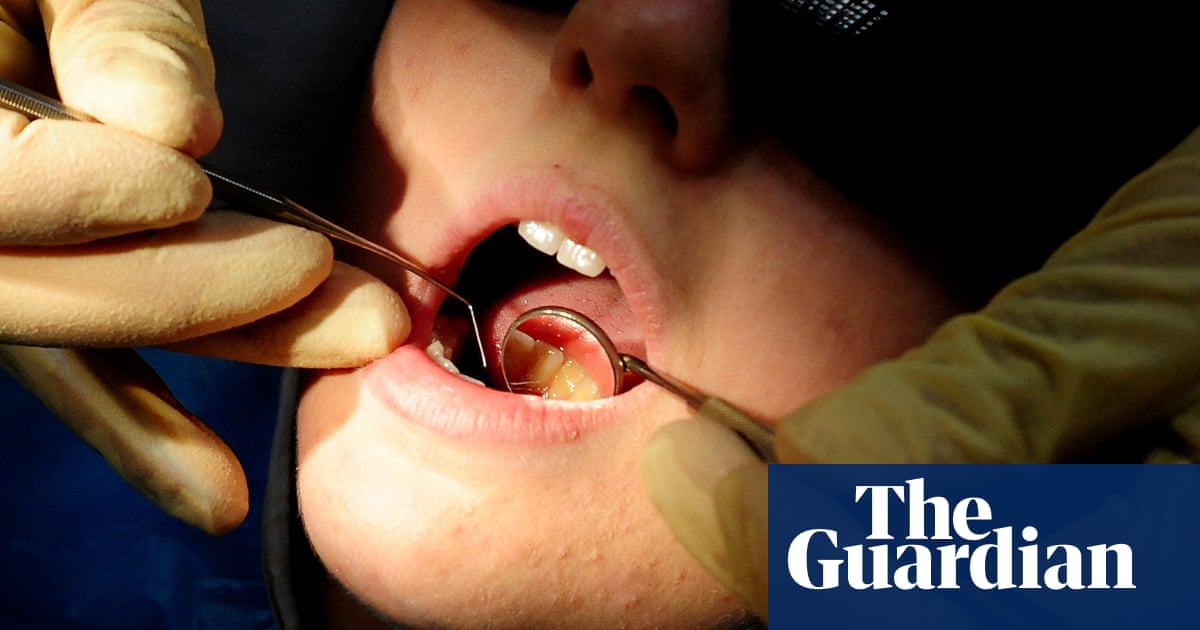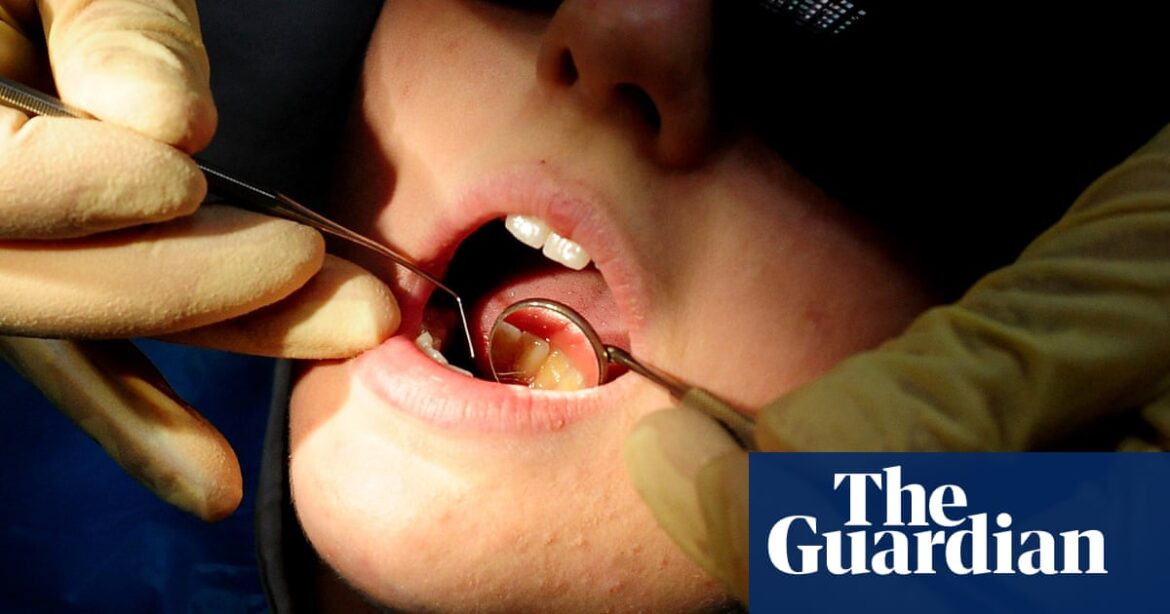
There are concerns regarding the future accessibility of silver dental fillings in Northern Ireland as the EU is planning to phase out amalgam soon.
According to representatives from the dental industry, the plan to eliminate amalgam by January 1 of next year will impact dental care in various regions of the UK, including Northern Ireland, due to the Brexit trading agreements.
The ban extends to exports of the product from the EU, and since a large portion of the amalgam is sourced from Germany, there is concern that the NHS may face a shortage of supplies.
The BDA has stated that Northern Ireland will face a significant impact, not only due to Brexit but also due to the poor state of the healthcare system in the region. This area has the weakest healthcare system in the UK, with lengthy wait times and a high use of fillers. The BDA argues that amalgam is a cost-effective and effective method for dental restorations.
The BDA wrote a letter to the UK’s four chief dental officers expressing their concerns about a recent EU development that is particularly important for Northern Ireland. They do not think it is possible to phase out by 1 January 2025 due to the lack of readiness in oral health prevention and mitigation strategies. They are urging for immediate action to be taken.
In accordance with the Windsor framework and previous Northern Ireland protocol, which outline the specific Brexit arrangements for Northern Ireland, certain former EU regulations must be adhered to, including those related to dental amalgam.
The BDA stated that they are very worried about how the EU phase-out will affect services in the UK, both directly through post-Brexit arrangements and indirectly due to potential supply chain disruptions in Europe.
According to a representative, statistics from Northern Ireland indicate that amalgam was utilized in 46% of fillings, making it the most commonly used filling material in the UK. This is likely due to the comparatively lower health outcomes in the region. In contrast, England only used amalgam in approximately 33% of fillings.
In 2018, regulations in the UK and EU limited the use of fillings containing mercury as part of the Minamata Convention on Mercury, which aims to decrease worldwide environmental contamination from mercury, including its release during dental amalgam production.
Per the literature from NHS Education for Scotland, there is no proof of negative effects from amalgam. However, as per the 2018 regulations, dentists are not allowed to use amalgam fillings on children under 15, pregnant women, or breastfeeding women unless it is deemed necessary.
According to the BDA, amalgam is significantly less expensive than white filling material and also has a longer lifespan. This raises concerns about potential increases in the cost of NHS dental services, which are currently in a vulnerable state.
NHS dentistry is facing financial challenges due to the replacement of a necessary restorative material with costlier and more time-consuming alternatives. A letter to UK dental officials highlighted the negative impact of this change, especially for high-needs patients who still benefit most from amalgam treatment.
Members of the European Parliament have supported a change to restrict the economic and social consequences of the decision.
The government of Scotland has made changes to its current laws on dental compensation in order to alleviate the additional expenses resulting from the discontinuation of amalgam. Unfortunately, due to the ongoing suspension of the government in Stormont, similar measures cannot be implemented in Northern Ireland.
Source: theguardian.com



